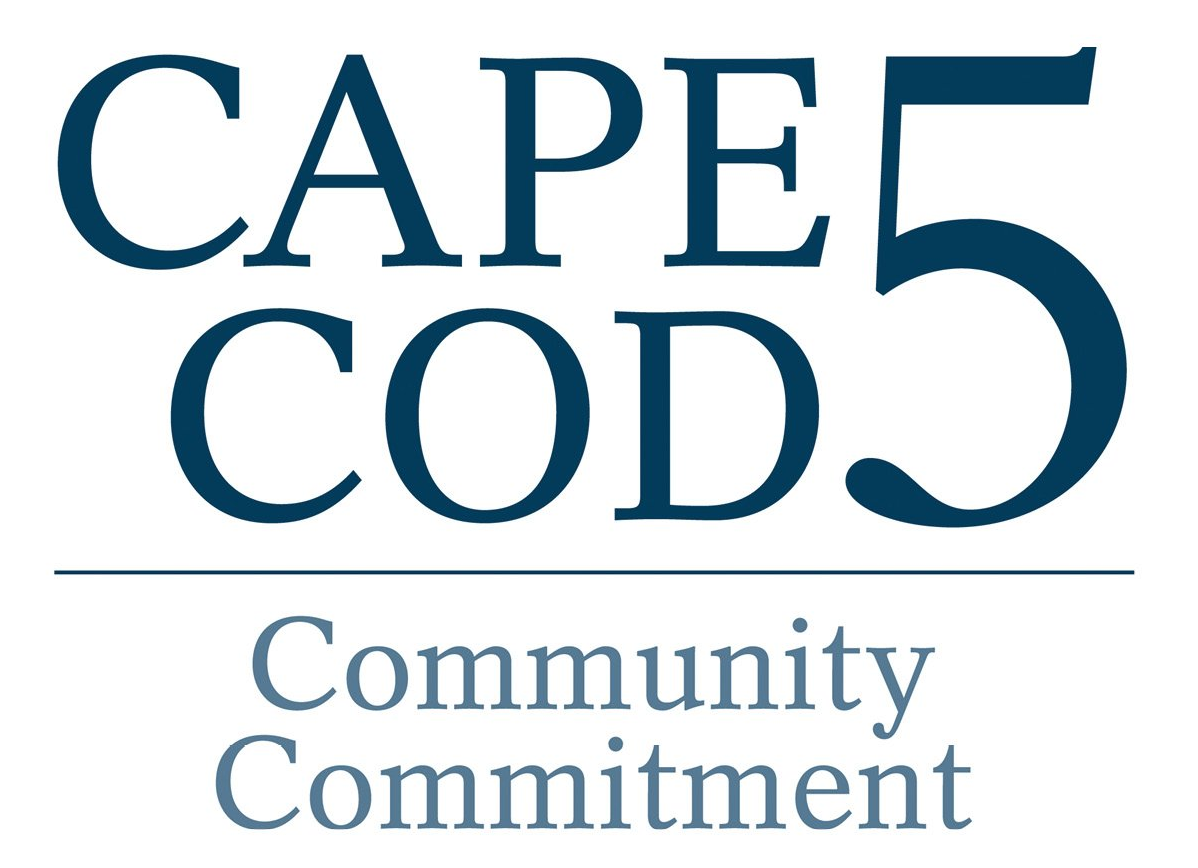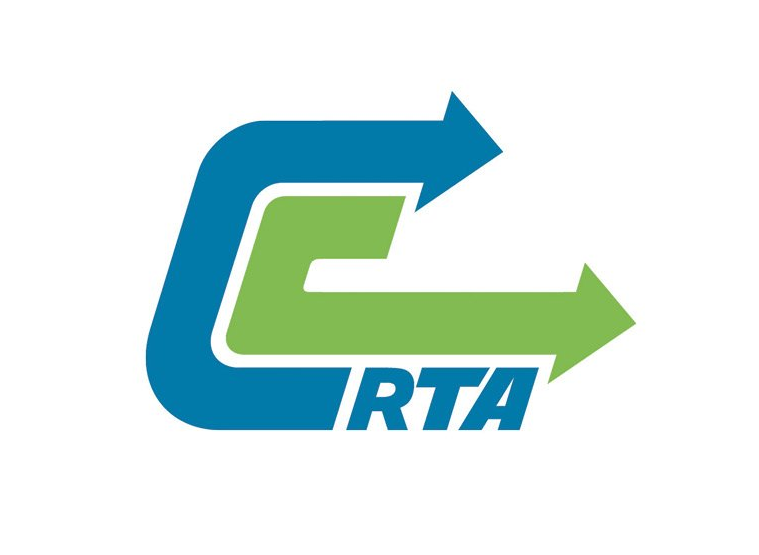Closed Captioning LCTV
Closed captions are important because they help describe every audio element that plays a role in the wider story, not only the spoken words. Captions remove a barrier to access and ensure that everyone, regardless of ability to hear, can access video content. It brings an added bonus of supporting viewing in mobile or social media, where sound is frequently turned off, as well as providing additional visual support for viewing in high noise areas.
Why Do We Need CC?
Closed captions are important because they help describe every audio element that plays a role in the wider story, not only the spoken words. Without question, captions provide an essential point of equal access for people with hearing loss, but that's the the start. Many people for a myriad of reasons embrace captions and use them as part of their video experience. A study on television accessibility by The BBC's Ofcom found 80% of people who use closed captions are neither deaf nor hard of hearing!
THANKS TO OUR SUPPORTERS
Special thanks to the Cape Cod Five Foundation! With their help in supporting a pilot program for closed captions, the monthly Legislative Update and the seasonal Bird Nerd feature incorporated closed captions in July 2018.

In October 2021 we received underwriting from Cape Cod Regional Transit Authority for closed captioning for CAPECONNECTIONS, our weekly 3 minute update!

Why Closed Captions Matter
For starters, hearing loss creates a barrier to accessing video and television information — and hearing loss on the Lower Cape is common. Consider these facts
- Approximately 15% of American adults over age 18 report hearing loss. (US Department of Health & Human Services National Institutes of Health)
- Nearly 25% of those age 65 - 74 and 50% of those 75 and older have disabling hearing loss. (US Department of Health & Human Services National Institutes of Health)
- By age 60, 24.7% of people had some hearing loss within the speech frequencies, which meant a drop in the ability to hear spoken language (The Journal of the American Medical Association (JAMA), Dec 2016).
- On the Lower Cape, 44.7% percent of the population is aged 60 or older (2016 US Census update data for Brewster, Eastham, Orleans, Truro, and Wellfleet)
Translated, that means on the Lower Cape more than 11,377 people from the population of 25,407 are statistically at risk for hearing loss!
More and more people turn to captions for a myriad of reasons. A BBC study found that 80% of the people using captions weren't hearing impaired - but relied on captions. It also found that for 70% of people using captions, the captions increased comprehension.
- People in the video weren't speaking clearly enough for them to easily understand
- The audio used technical terms that were unfamiliar to the ear.
- Speakers and voice over used slang terms.
- The voices in the video spoke in different dialects.
- Textual presentation of audio in general helped people focus and retain information.
We also know that people rely on captions when watching online or on a mobile device where speakers may or may not be turned on and when they are watching in a noisy environment.
THE SOLUTION
The solution to providing access lies in adding captioning to the video files. Captioning-for-the-hearing-impaired includes both textual and related sound cues presented in a standard format.
Creating accurate captions take a two step process:
- First, a captioning service firm and its human professionals create a data file that reflects the video and its sound nuances and detail conforming to the closed caption standards.
- Then, Lower Cape TV incorporates the caption data files into the programming which appears on Ch 99 and via online options. Viewers turn on the closed captioning as they watch the shows.
And to answer the first question everyone asks — yes, it still takes a human to create truly useful closed captions! Software can only do so much accurately.
The longer-term goal is to grow our initial captioning pilot into additional news and public affairs programing, including Lower Cape News as well as shows such as Cape 365, Competition, The Susan Lindquist Show, Peak Time, This Place Matters, Roundtable99, and other locally produced and locally focused public affairs and local news content. The amount of financial support will shape the volume of captioning we are able to provide.


